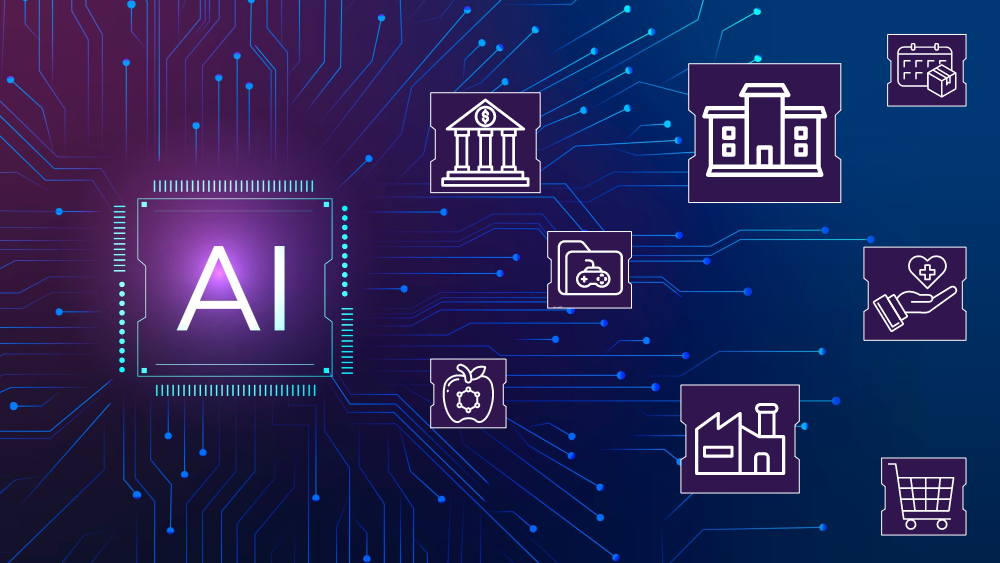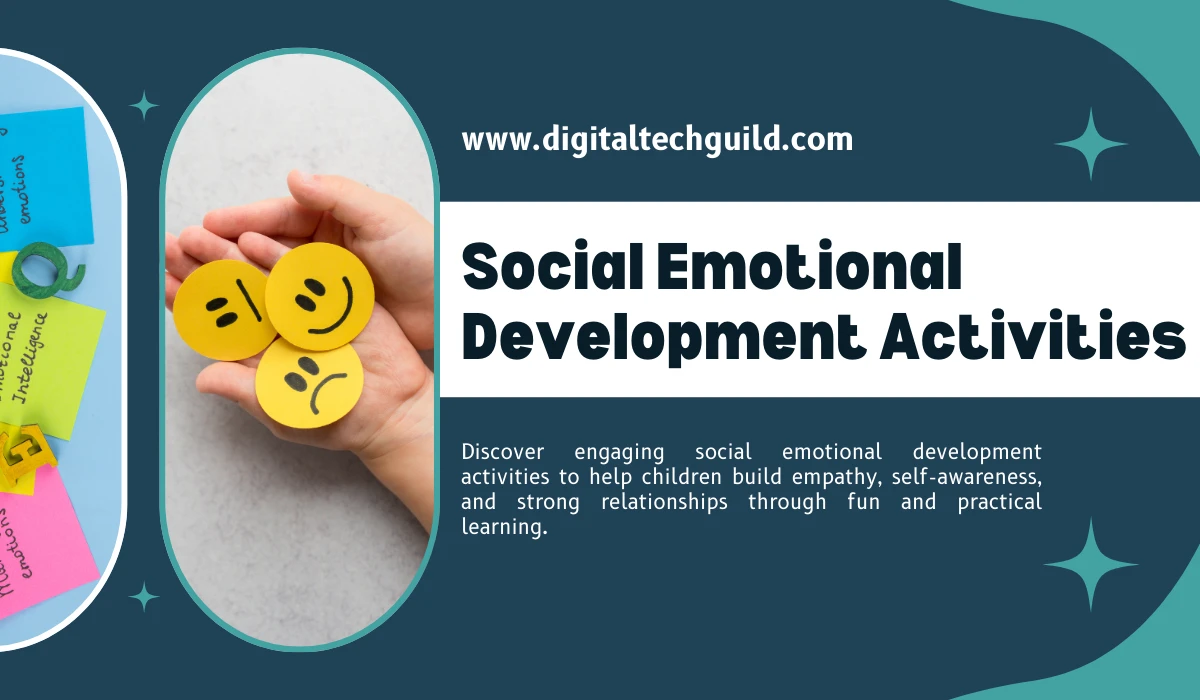Financial institutions squatter an ever-growing rencontre of combating financial treason in the digital age. Now increasingly than ever, financial treason is on the rise, posing significant threats to businesses and individuals alike. Traditional security measures like Know Your Consumer (KYC) and Biometrics have served as the windrow of fraud prevention. However, the landscape is evolving rapidly, taxing increasingly sophisticated solutions to gainsay emerging threats effectively. This is where Generative AI (Artificial Intelligence) comes into play. This transformative technology holds the potential to revolutionize the way financial institutions safeguard versus emerging threats, ushering in a new era of enhanced security and efficiency.
Yet, while the potential benefits of AI seem scrutinizingly mythical, it’s crucial to unclose that this technology is still in its developmental stages. Implementing AI requires a cautious approach, ensuring that robust protocols are in place to navigate its evolving landscape effectively. This blog will do just that, explaining the intricacies of this technology while suggesting steps that can be taken to ensure safety and privacy.
Understanding Generative AI

Generative AI is a subset of Artificial Intelligence that excels in data creation. Unlike traditional AI, which focuses on decision-making based on existing data, Generative AI creates new data that is virtually indistinguishable from genuine information. Traditional AI, such as machine learning algorithms, relies on vast datasets to make predictions based on identified patterns. In contrast, Generative AI creates entirely new data by learning from patterns in the existing data and then producing novel content that aligns with those patterns.
This unique sufficiency has transformative implications wideness various industries, including finance. Generative AI’s potential in combating financial treason is immense, as it empowers financial institutions to snift and prevent illicit activities with unprecedented verism and efficiency.
The Application Of Generative AI In Various Industries
Generative AI has found applications in diverse industries, transforming how tasks are workaday while revolutionizing traditional processes. In the medical field, Generative AI’s capabilities are harnessed for drug discovery, analyzing medical images, and plane profitable in personalized patient care.
In the domain of natural language processing, Generative AI powers language translation services, content summarization, and sentiment analysis, making it easier for businesses to understand and respond to consumer feedback and market trends. It can generate customized learning materials, personalized tutoring, and adaptive learning platforms in education, tailoring educational content to individual student needs.
Generative AI’s creativity is well-known, capable of generating content like essays, images, and plane realistic human-like conversational responses. The technology’s worthiness to unriddle vast financial data sets, identify patterns, and predict market trends makes it viable for industries such as Investment and Fashion.
The impact of generative AI wideness diverse industries is far-reaching, showing its potential to reshape the way we work. However, one of Generative AI’s most impactful applications lies in the domain of financial services, where it can play a pivotal role in combating financial crime. One zone where its involvement will be the most transformative is KYC.
Generative AI In KYC: Enhancing Efficiency
KYC processes are integral to financial institutions’ compliance efforts, as they ensure proper consumer identification and help prevent financial crimes such as money laundering and fraud. However, traditional KYC procedures can be time-consuming and resource-intensive, often leading to operational inefficiencies.
Generative AI brings a revolutionary transpiration to the landscape of KYC by automating and streamlining various aspects of the process. Through its worthiness to generate realistic data and content, Generative AI can squire in verifying consumer information with higher verism and speed, significantly reducing the transmission effort required for KYC compliance.
Generative AI expedites onboarding by automating document verification and facial recognition, enhancing consumer wits while ensuring regulatory compliance. By analyzing vast datasets and generating well-judged risk profiles, Generative AI can identify suspicious activities increasingly precisely and reduce the number of false positives. This empowers compliance teams to modernize risk management and leads to increasingly efficient resource allocation.
Integration Challenges And Solutions
Financial institutions may squatter challenges when integrating Generative AI into existing KYC systems. Making sure outdated technology work seamlessly is perhaps the most pressing challenge. Modular adoption tactics and strong API integration may minimize disruption.
A stickup may moreover result from the requirement for large amounts of computing and storage capacity. Distributed computing and cloud-based solutions help lessen this pressure. For a smooth transition, teams must be worldly-wise to successfully transmute to the new technology, so properly scoped pilot projects and thorough training programs are essential.
Ensuring Security And Compliance
Generative AI offers a cutting-edge tideway to bolstering the security of KYC processes while waxy to stringent regulatory requirements. Harnessing its power can ensure a smoother process for strict data encryption and protection, safeguarding sensitive information and preserving consumer privacy throughout the onboarding and verification stages. Such unbiased technology can moreover be designed and trained to comply with global regulations and industry standards without personal inclinations, helping organizations meet their compliance obligations with ease while maintaining neutrality.
Nonetheless, as Generative AI evolves, new risks and vulnerabilities may emerge. Vigilance and proactive measures are crucial. While Generative AI holds immense potential in revolutionizing KYC and combating financial crime, its responsible deployment is of utmost importance. As with any tool, the use or misuse of AI depends solely on the intentions of its users.
Provisions such as defended teams of experts to continuously monitor and refine AI solutions, rigorous testing and validation processes, and a relevant pool of data can help mitigate many of the problems. Data privacy and security must be maintained throughout this process to protect sensitive consumer information. Such a task can be daunting for any individual or entity to undertake independently so collaboration is paramount for the success of technology in compliance.
Collaboration is inside to combating financial treason through wide technologies like Generative AI. Financial institutions, tech companies, and regulatory persons must work in tandem to establish industry-wide standards and weightier practices. Information sharing forums, joint research initiatives, and regulatory sandboxes can foster innovation while maintaining compliance. By pooling resources and expertise, these collaborative efforts can fortify the financial ecosystem versus emerging threats.
Stringent regulations will ensure that AI solutions for the financial sector are used ethically and transparently. These regulations must write concerns related to data privacy, algorithm transparency, and accountability, providing a framework for institutions to honour the risk of penalties.
Navigating The Risks Of Generative AI And Fighting Them
One of the significant concerns with Generative AI is the potential for misuse, such as creating deepfake data to deceive or defraud individuals. Financial institutions must be vigilant in safeguarding versus such threats and prefer towardly measures to protect versus unauthorized wangle and data breaches. Additionally, complying with regulatory frameworks and industry standards is essential to maintain transparency and peccancy in using Generative AI. By proactively addressing these risks and vulnerabilities, financial institutions can harness the full potential of Generative AI while upholding the highest security and compliance standards in their KYC processes.
As financial institutions embrace this transformative technology, ensuring trueness to relevant guidelines becomes imperative. Laws like the 6AMLD from the EU are a leading example of legislation that balances using technology to their wholesomeness while understanding its potential risks. By drafting relevant legislation, regulators can closely monitor the use of AI while moreover using it to safeguard versus potential threats and abuses. Laws of such nature are products of the time we live in and encourage financial institutions to prefer technology to fight modern treason with an equal footing.
Advantages Of Adopting Generative AI In KYC

Financial institutions can provide their customers with a seamless and frictionless onboarding wits when they segregate to leverage AI. The reduced need for transmission effort streamlines and automates KYC and other compliance procedures, vastly improving operational costs. This allows financial institutions to intrust resources increasingly efficiently, optimizing compliance efforts and overall operating efficiency. Faster verification and reduced transmission interventions lead to higher consumer satisfaction, fostering trust and loyalty.
Integrating Generative AI into KYC processes can be a game-changer in this regard. By leveraging Generative AI’s wide capabilities, institutions can proceeds a competitive whet while staying one step superiority of sophisticated fraudsters. Embracing this cutting-edge technology empowers financial institutions to demonstrate their transferral to combatting financial treason and towers trust with customers and regulators. Ultimately, harnessing Generative AI provides a strategic advantage, solidifying institutions’ position as leaders in the fight versus financial crime.
Future Outlook And Technological Advancements At A Global Scale
The future of KYC lies in unfurled advancements in Generative AI and synergies with other transformative technologies. Blockchain, with its decentralized and immutable ledger, holds promise in enhancing data security and integrity in KYC processes. Quantum computing, while still in its nascent stages, offers unparalleled computational capabilities that could revolutionize encryption methods. As these technologies mature, financial security will evolve, necessitating tensility and continuous learning in the fight versus financial crime.
The future possibilities of AI in Know Your Consumer (KYC) procedures are wide-stretching and promising. To name just a few of them:
Enhanced Automation and Efficiency: AI-driven KYC systems will remoter automate the verification process, reducing transmission intervention and speeding up consumer onboarding. This could potentially lead to near-instantaneous verification.
Advanced Fraud Detection: AI algorithms will wilt plane increasingly whiz at identifying suspicious activities and potential fraud cases, going vastitude rule-based systems to snift nuanced patterns indicative of financial crime.
Multimodal Biometrics: AI will facilitate the integration of wide biometric techniques, such as voice recognition, gait analysis, and plane behavioral biometrics, providing plane increasingly robust consumer authentication.
Natural Language Processing for Document Verification: AI-driven natural language processing (NLP) will enable KYC systems to parse and verify unstructured text, such as legal documents or contracts, streamlining compliance processes.
Blockchain Integration: The combination of AI and blockchain technology could lead to secure and immutable KYC records, providing a trusted source for identity verification wideness institutions and borders.
Predictive Risk Assessment: The worthiness of AI algorithms to evaluate consumer risk profiles based on a wider range of variables will improve, enabling increasingly precise risk categorization and customized compliance procedures.
Real-time Monitoring and Alerts: AI will enable continuous monitoring of consumer activities, permitting for firsthand detection of suspicious policies and triggering alerts for remoter investigation.
Global Standardization: AI-powered KYC solutions may contribute to the establishment of standardized compliance procedures and data formats, facilitating smoother cross-border transactions.
Regulatory Compliance Optimization: AI will transmute in real-time to waffly regulatory landscapes, ensuring that KYC processes are unchangingly in vibrations with the latest compliance requirements.
Personalized Consumer Experiences: Through AI-driven insights, financial institutions can tailor their services to individual consumer needs, potentially offering custom-tailored financial products and services.
Diverse Data Integration: In order to provide a increasingly well-constructed picture for KYC verification, AI models will be worldly-wise to standardize and process an increasingly wider range of data sources, such as social media, geolocation, and online behavior.
Continuous Learning and Adaptation: AI models will protract to modernize their verism over time, learning from new data and adapting to emerging fraud tactics, ensuring a sustained wholesomeness in combating financial crime.
Different regions are unescapable AI integration in financial treason prevention with varying strategies. For instance, the European Union emphasizes stringent data protection regulations, influencing the adoption of AI in KYC to prioritize privacy. In contrast, regions like Asia, particularly Singapore, are embracing AI as a cadre component of their Smart Financial Centre initiatives, aiming to lead in innovation and security. These diverse approaches reflect the dynamic nature of AI adoption on a global scale, highlighting the need for unsteadfast solutions.
Conclusion
As we navigate the complexities of the digital age, the landscape of financial treason continues to evolve, necessitating innovative approaches to gainsay these ever-changing threats. Generative AI has emerged as a transformative technology with the potential to revolutionize KYC processes and fortify the defence versus illicit activities. By automating and enhancing identity verification, streamlining onboarding procedures, and reducing false positives, Generative AI empowers financial institutions to unlock unprecedented levels of efficiency and security.
Embracing technology is no longer an option but is necessary to safeguard our financial ecosystem. By embracing Generative AI, we embark on a journey towards a safer and increasingly secure financial future. As we leverage this powerful technology, we can confidently squatter the challenges of today and visualize those of tomorrow. Together, with Generative AI as our ally, we can create a resilient and thriving financial landscape that fosters trust and integrity. Let us unite in the pursuit of a safer financial future, harnessing the transformative power of Generative AI.











